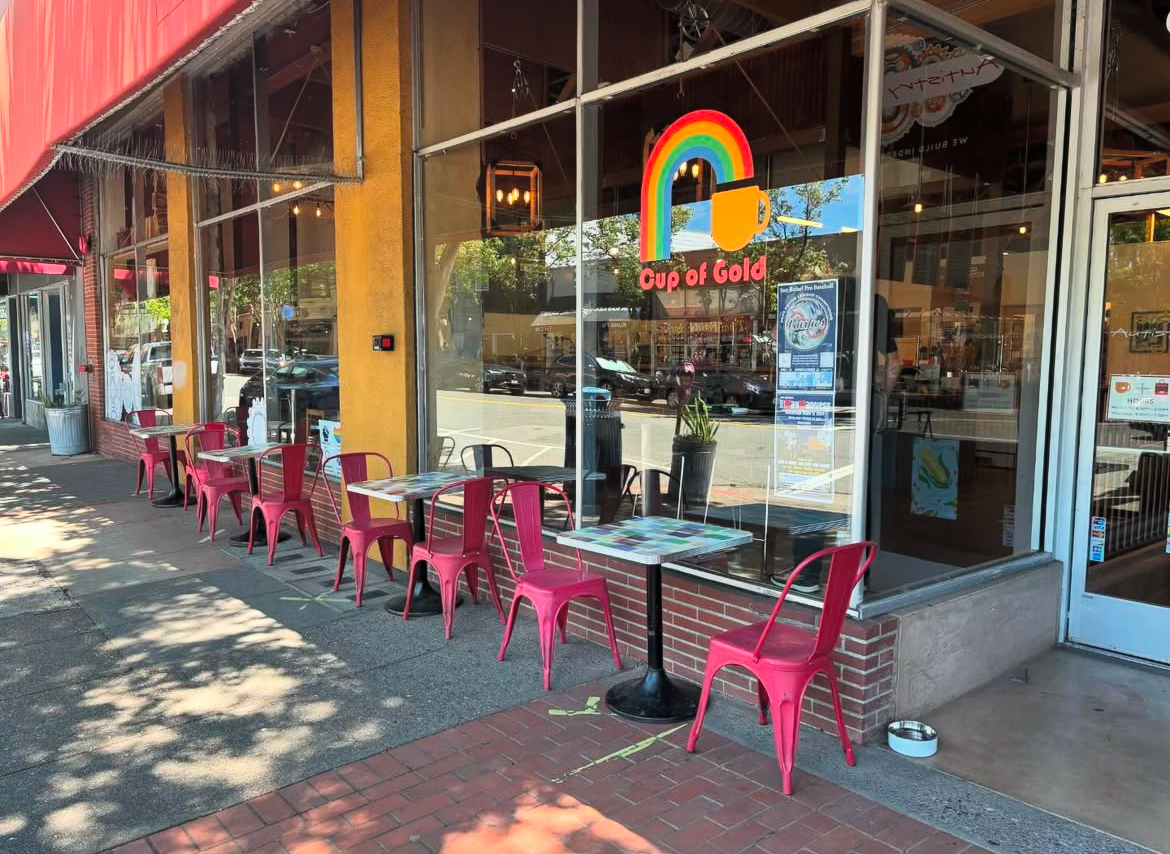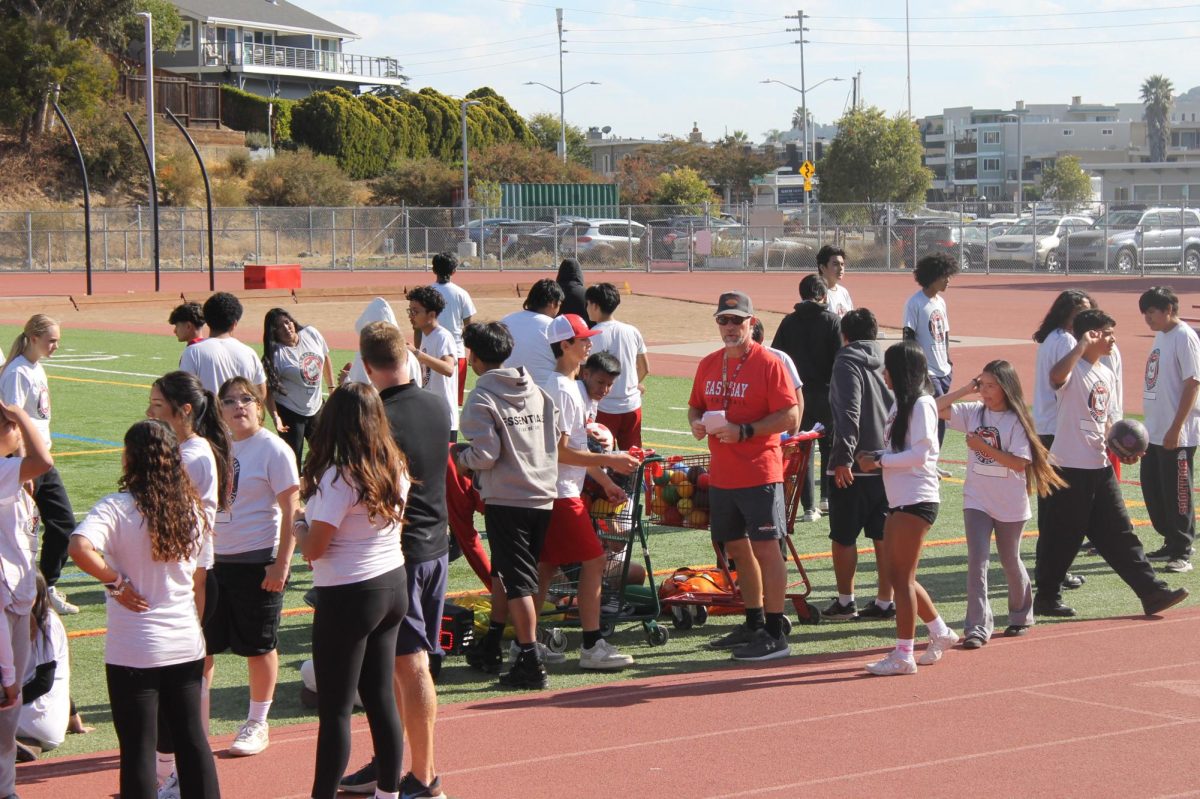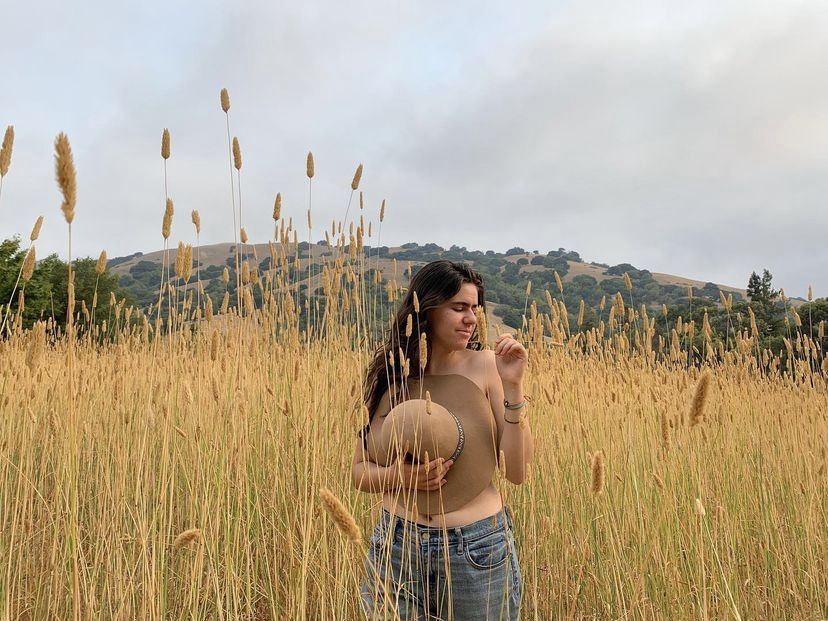SRHS Lilly Datnow Used a Gap Year to Find Comfort With the Unknown
November 18, 2021
During a summer program when she was 15, Lilly Datnow was asked a common icebreaker: What is your superpower? Driven to tears, she realized she didn’t know what her superpower was. “I remember being upset because I felt like there was so much wrong with the world. I felt like whatever I had wasn’t enough,” said Lilly. The counselor’s thoughtful response would change the way she saw the unfamiliar. “She said that if I didn’t know, then that could be my thing, leaning into the unknown.”
Since that moment, Lilly has done nothing but that. From doing political internships, to traveling to Israel to live on a farm with zero technology, sitting in the unknown has become part of how she now lives her life. “I tried to partake in as many new programs as I could,” said Lilly, “so by the end of high school I basically knew what I liked and didn’t like.”
Environmental science was one of them. This passion was violently fueled when, during her gap year, she decided to go to a farm in North Carolina called The Eco-Institute at Pickards Mountain. She lived there with a group of diverse students, working in the gardens and living as a community. There, they were able to learn a lot about the impacts of racism, colonization, and environmental activism as well as give fresh food from the farm away for people in need. “A lot of things are explained by the impact of colonization,” said Lilly. “Even though I know that I am a product of colonization, it’s refreshing because it’s the truth.”
Living in a place disconnected from the rest of the world, there was a lot of reflection to be done. “I was raised to think that there’s nothing I could do about a f*cked world, but learning about how other cultures are able to have a better way of life gives me hope that we can all learn from them,” said Lilly. Especially in such a time of uncertainty with the rise of the pandemic, living on a remote farm was a great escape. The students were reliant on themselves, and had no contact with any outsiders so they were able to stay safe.
Gap years during the pandemic were quite common, as people did not wish to experience their first year of college in a limited online setting. In Lilly’s case it also opened up her perspectives and proved to be just as educational.
But the traveling didn’t stop there for them. After debating where else she should go for her gap year, and their options being dwindled by the pandemic, they decided to go to Israel. “My parents wanted me to go somewhere local because of the pandemic, preferably staying in Northern California, so of course I decided to go to Israel.” There at the educational farm, with little to no technology or electricity, she lived with a small group of around 15 students from all around the world, and about 20 Israelis there for a pre-military gap year. They lived very close to the land, and focused on community and classes like mud, beekeeping, and herbalism.
“I would describe Lilly as a force,” said close friend Elena Pletcher, a senior at SRHS, “I remember being awed – she was fiery, sharp, and confident even as a high school freshman,” she recalls from Mock Trial.
The contrast of high school life versus life on their own was nothing short of eye-opening. Being the experimentalist person that she is, her opinions have changed and fluctuated time and time again. “The transition of living both roles, from being valedictorian and high achiever, to living on a farm in the middle of nowhere, I wanted to know that that was possible,” said Lilly. “At the beginning of high school I did a lot of political internships that gave me the impression that change was only made possible through big powerful people who only cared about their image. That contrast between the political internship and direct action through the Eco-Institute was so much more powerful, and I went from wanting to be in politics to doing a gap year in an offgrid farm.”
Now being a new student at Berkeley University after a gap year, adjusting to college life has come with plenty of challenges. “College is getting better, but the first couple months can really f*cking suck. There’s this narrative that college is the best time of your life, and so it can feel like you’re doing something wrong if it doesn’t feel like the best time of your life.” College has commonly been glamorized by parents as being this near perfect time when you’re supposed to make your best friends for life and do crazy things, but really those types of expectations can end up making everything more painful when the time comes, and it turns out to not be like a movie. As Lilly says, “It’s not going to be a given that everything is going to be great, but it does get better after the beginning.”
As with most new experiences, it isn’t always easy to adjust and be comfortable with the unknown, but for Lilly it’s been a part of their life for a long time to be able to sit and embrace that familiarly unfamiliar feeling.
*note: Lilly Datnow uses they/she pronouns






































